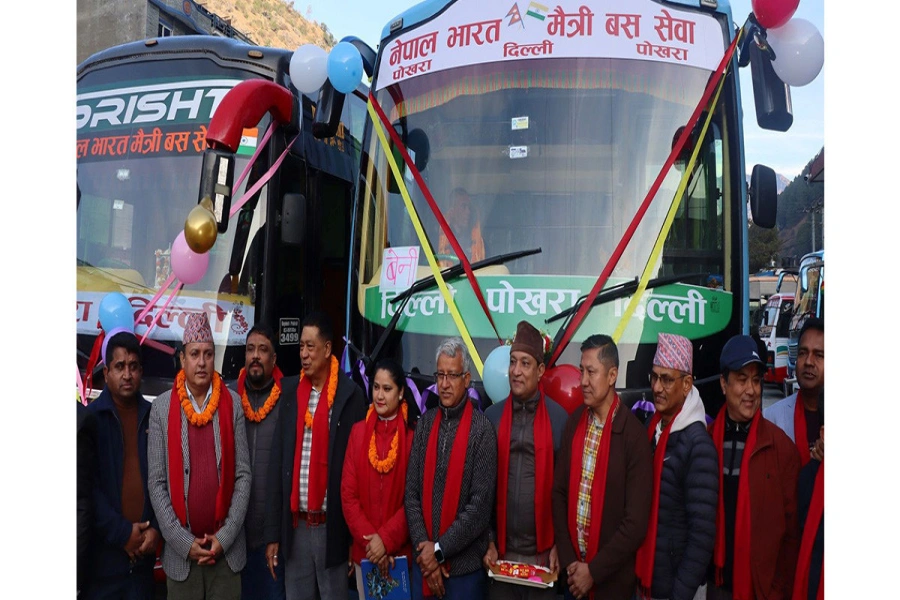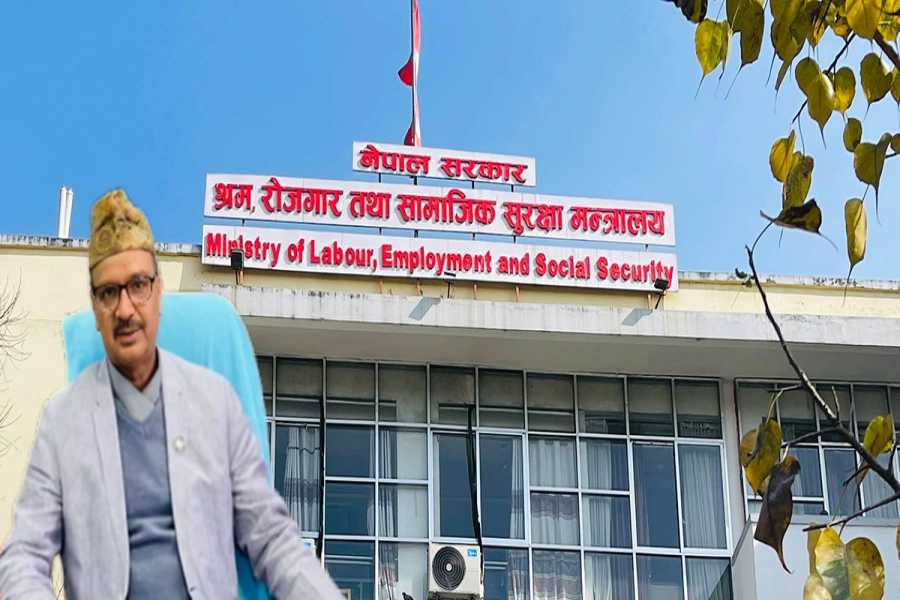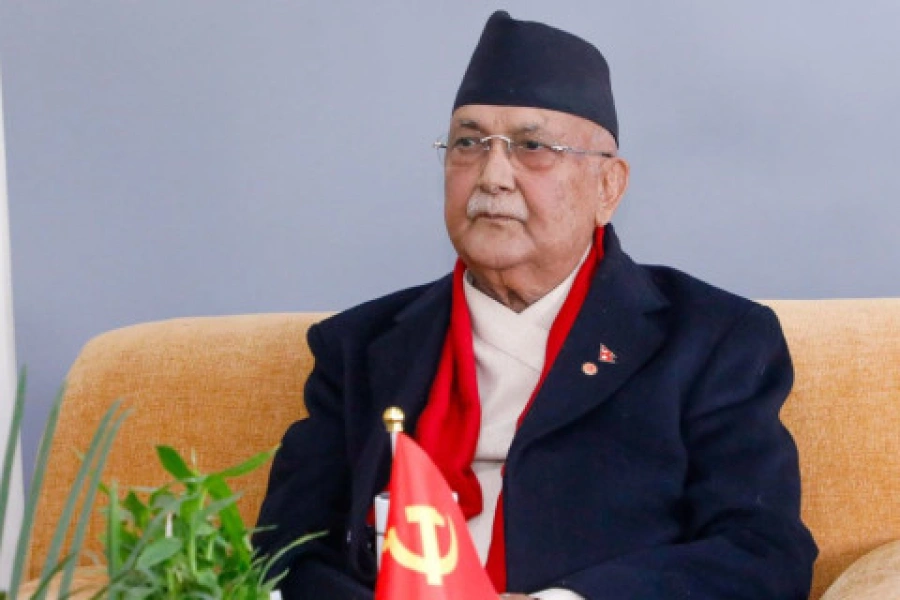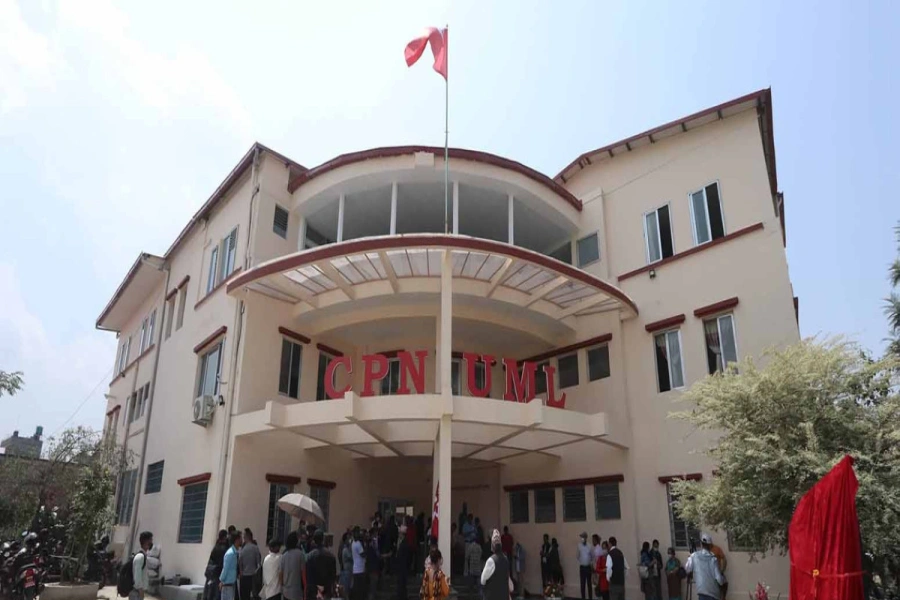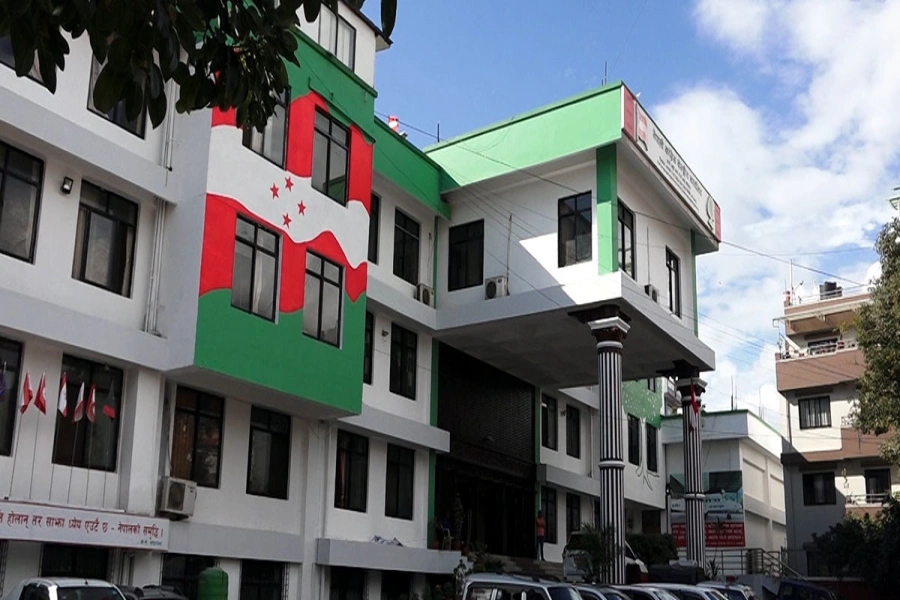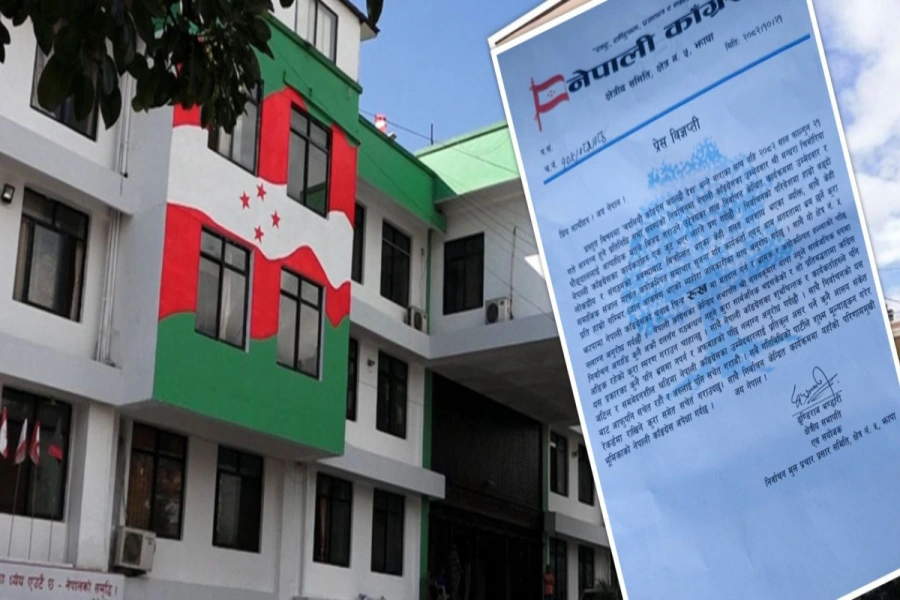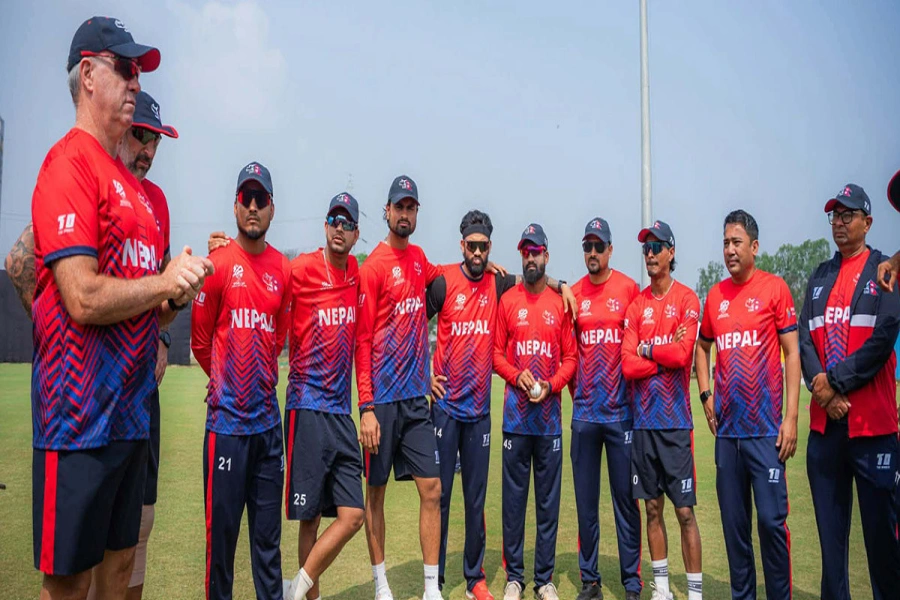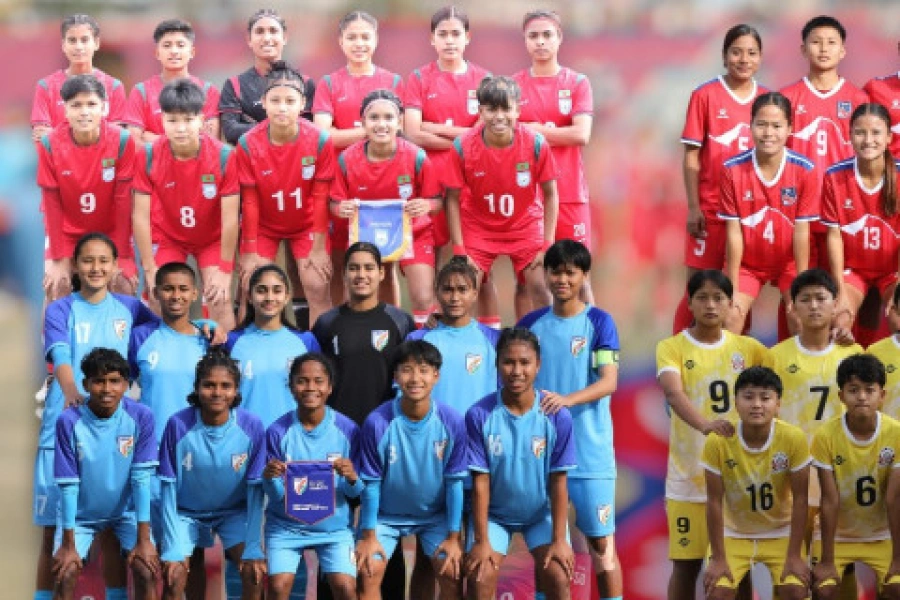KATHMANDU, Dec 15: Although the constitution clearly stipulates that a new government needs to be formed within 30 days of the publication of final result for the elections, legal experts are divided over the process for its formation.
“There should not be any dilly-dallying over the formation of the government because the Constitution has a clear provision for electing the government within 30 days of the results of the elections,” Dr Bhimarjun Acharya, an expert in constitutional law, said while speaking at an interaction program at Reporters Club Nepal on Friday.
Lower house members for continuity of Administrative Court

"As far as the spirit of the constitution is concerned, the National Assembly was not needed for the formation of the government,” Acharya said, adding, “However, government formation is not possible without the existence of the House of Representatives.” He also said that the President can appoint a leader who can garner the support of two or more parties if no single party secures a majority to form the government as per Article 76(2) of the Constitution.”
Acharya, however, rejected any possibility of the formation of a government without convening a meeting of the House of Representatives. “They are only MP-elects until they take the formal oath of lawmakers. Therefore the government cannot be formed without completing due process.” Acharya also underlined the need for making the upper house inclusive as per the spirit of the main law. “There is a mandatory requirement for electing 33 percent women in parliament even by compensating through proportional representation if the first-past-the-post system fails to elect the required quota,” he said.
Another constitutional lawyer, Dr Chandrakanta Gyawali, said that the cabinet cannot be formed in the absence of the upper house. “The prime minister can be appointed but the formation of the cabinet is not possible in the absence of the National Assembly,” Gyawali added.
Stating that the prime minister of a coalition government can be appointed even without the existence of the National Assembly, Gyawali said that an inclusive cabinet cannot be formed in absence of the upper house.
Nepal Bar Association President Sher Bahadur KC ruled out the formation of the government without the formation of the National Assembly. “Without presidential approval of the ordinance for the formation of the National Assembly, the Election Commission cannot announce the final results of the elections. So this step by the President must be completed first,” he said.
Stating that there would be an adverse situation if the President does not approve the ordinance, KC urged the head of state to create a positive environment for the formation of the government by issuing the ordinance promptly.
Saying that not a single party has secured a majority, KC underlined the difficulty of government formation without making public the final results of the election. “The prime minister also should not resign from his position because that would be a violation of the constitution,” he said adding, “formation of the government without the existence of the National Assembly would be unconstitutional.”



